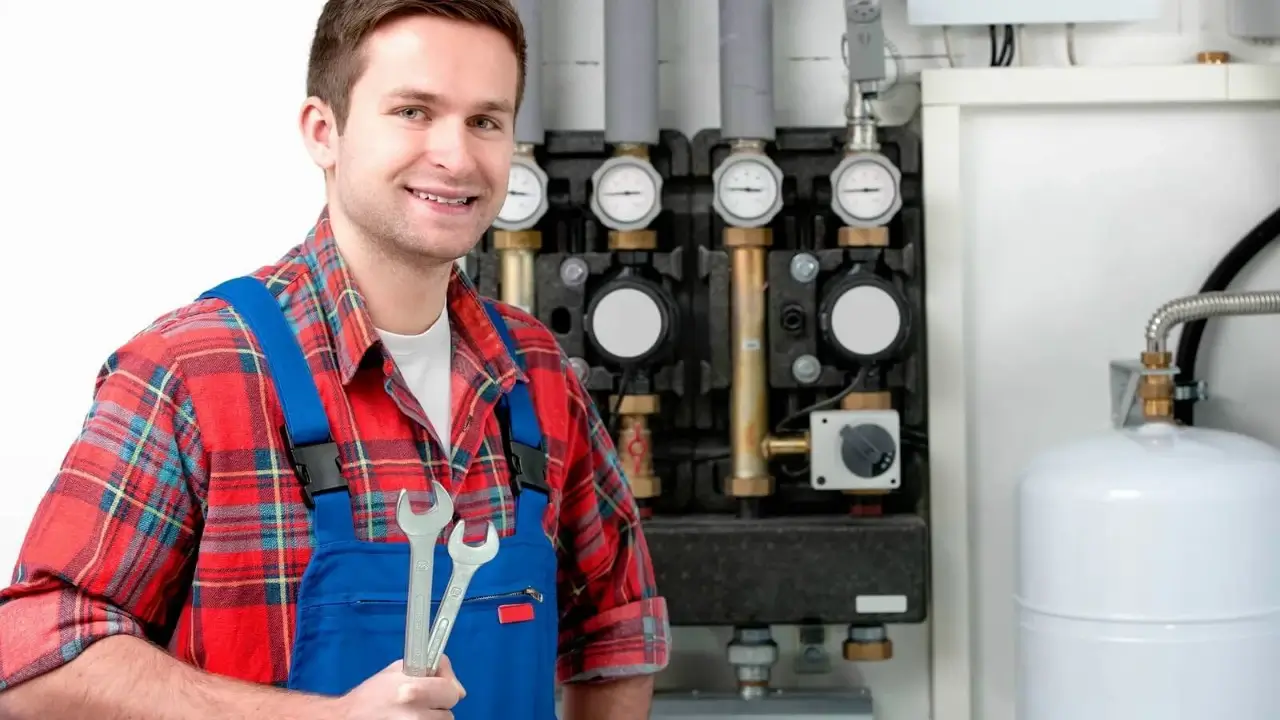Water Heater is Leaking? What to do
 A water heater leak is one of the most common and worrisome plumbing problems homeowners face. Whether it’s a small trickle or a large leak, water heater leaks can cause significant damage if left unchecked. The cause can range from a small valve issue to a more serious problem, such as a corroded tank. Knowing how to handle the situation can help minimize damage and avoid costly repairs.
A water heater leak is one of the most common and worrisome plumbing problems homeowners face. Whether it’s a small trickle or a large leak, water heater leaks can cause significant damage if left unchecked. The cause can range from a small valve issue to a more serious problem, such as a corroded tank. Knowing how to handle the situation can help minimize damage and avoid costly repairs.
Shut Off the Water Supply
Shutting off the water will prevent further leaks and give you time to assess the situation.
Shut Off the Power
Next, it is important to shut off the power to the water heater. For electric water heaters, this means turning off the circuit breaker in the electrical panel. This is a critical safety step. Water coming into contact with electrical components can cause a short circuit or even a fire. Shutting off the power will eliminate any risk of electrical hazards and allow you to proceed with further work.
Assess the Source of the Leak
Once the water and power are shut off, it is time to assess the source of the leak.
The Tank: Over time, sediment builds up inside the tank and can cause rust, which can cause holes or cracks that allow water to escape.
The valve: Leaks can also come from the temperature and pressure relief valve (T&P valve), which is designed to release excess pressure in the tank.
The pipes: Sometimes, the problem can be in the supply pipes that connect to the water heater. If these pipes are loose, damaged, or corroded, there may be leaks near joints or connections.
Repairing the Leak (Temporary or Permanent)
The next step is to fix the leak, but how you do this will depend on the cause.
T&P Valve: If the leak is coming from the T&P valve, this is often a simple fix. You can try tightening the valve or replacing it if it is damaged. If you are unsure how to proceed, it may be best to call a professional plumber to replace it.
Supply Lines: For leaks coming from the supply lines, inspect them for visible damage. Tightening any loose fittings may solve the problem. You can try using temporary pipe repair tape or a hose clamp if you can’t make a permanent repair right away.
The Tank: If the water is leaking from the tank itself, unfortunately, the tank may be beyond repair. Corrosion weakens the structure of the tank over time, and once it starts leaking, it often signals the end of the unit’s useful life. In this case, you will need to replace the entire water heater. While there are temporary solutions, such as sealing the leak, these are usually short-term solutions and are not recommended as a permanent solution.
Cleaning and Preventing Further Damage
Once the leak is fixed, it is critical to clean up any water that may have leaked. Water can cause significant damage to floors, walls, and surrounding areas, so it is important to act quickly.
Additionally, check the area around the unit for mold. Moisture is ideal for mold growth, so addressing moisture quickly will help prevent future problems.
Call a Professional
If the leak is coming from the tank itself or if you are unable to locate the source of the leak, it is advisable to call a professional plumber or technician. Water heater repairs can be tricky, and sometimes the best solution is to have an expert assess the situation. They will be able to determine if the unit is repairable or if it needs to be replaced. A professional can also provide advice on how to replace your water heater with a more energy efficient model if you are considering replacing it.
Call Emergency Plumber in Bath. We are your right contact partner. Furthermore, we also collaborate with Emergency Services 24H, Emergency Plumber 24H, Local Services 24H, Emergency Plumber in Reading and Emergency Plumber in Somerset.